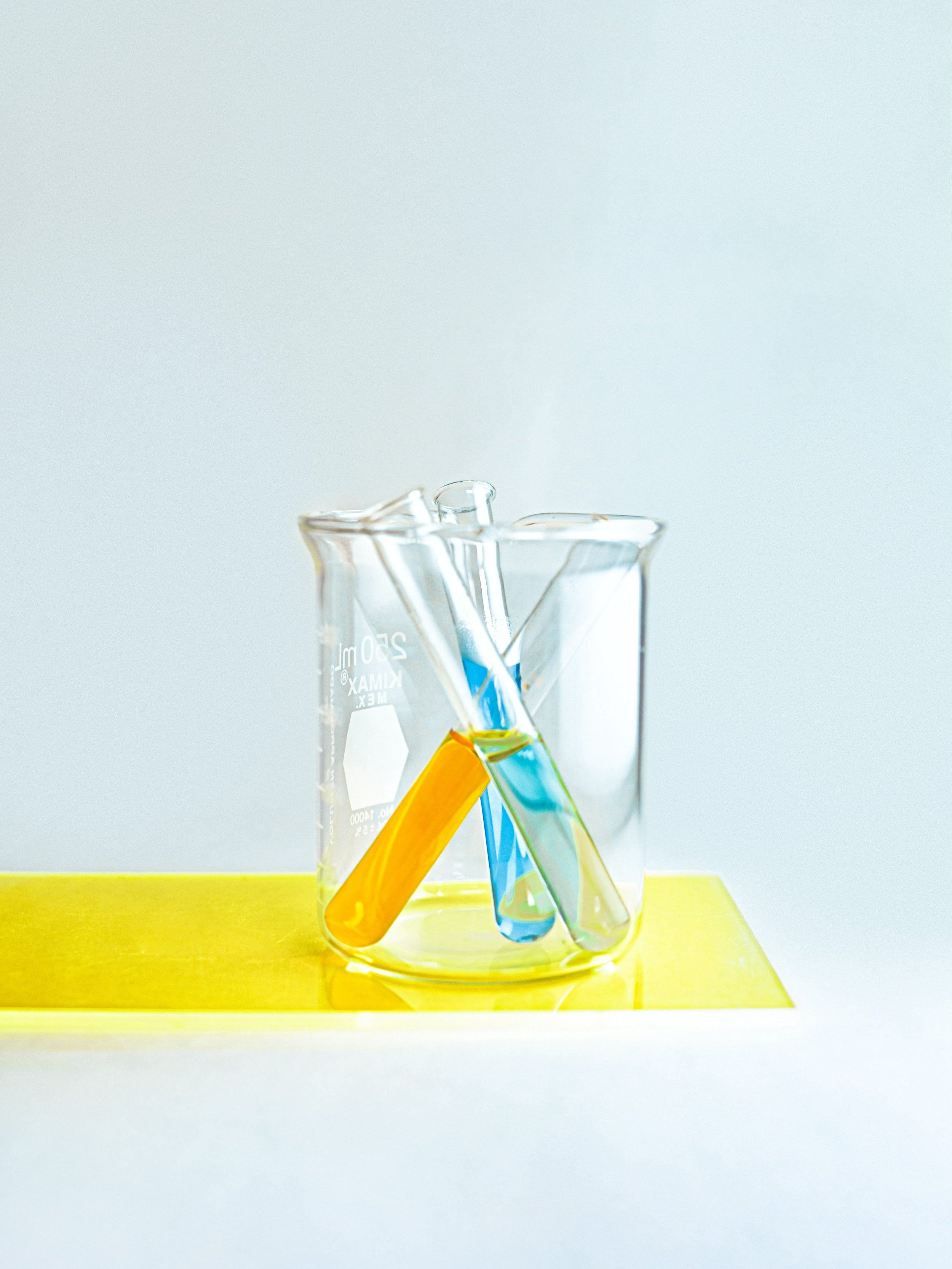Life Science, Chemistry, and Food Science
Many, if not most, companies in the Life Science, Chemistry, and Food Science industries qualify for the R&D Tax Credit. Unfortunately, the vast majority of those companies are unaware that their qualifying daily activities could be generating additional tax savings for them. Below are some examples of activities that qualify for the credit, as well as how we analyze the activities of companies in this industry to help steer our calculations.
Four-Part Test
In determining whether an activity qualifies as Research and Development for tax credit purposes, the IRS has put together a list of criteria that must be met, which is commonly referred to as the “four-part test.” The four-part test is as follows:
Permitted Purpose – the activity is intended to result in a new or improved product or process (must be improving the functionality, performance, reliability, or quality)
Technological in Nature – the activity must rely on the principles of physical or biological science, engineering, or computer science
Technical Uncertainty – at the beginning of the activity, the taxpayer must be uncertain as to capability, method, or design
Process of Experimentation – the taxpayer must evaluate one or more alternatives to eliminate technical uncertainty (e.g., modeling, simulation, or systematic trial and error)
Anyone who is actively doing, supervising, or supporting an activity that meets all four parts will have qualifying R&D time that goes into calculating the R&D tax credit.
Qualifying Activities
Many different activities qualify as Research and Development for tax credit purposes in A&E and Contracting businesses. Companies that design, develop, or experiment with new or improved delivery systems and blending technology for medicines and compounds, reformulated or repurposed methods of administering existing drugs, or packaging for products qualify for the R&D Tax Credit. Any time your company a) develops or engages in new scientific theories and research methodologies or b) designs and experiments with new chemical compounds or medical devices, R&D is occurring. Designing and implementing robotic processes or other automation or utilizing new-to-the-business raw materials to design and develop new or improved products or processes also supports the R&D process. There are many other qualifying activities, including (but not limited to):
Researching new product technology
Generating new product prototypes
Researching new product technology
Improving product shelf-life
Designing and conducting experiments or trials
Time spent directly performing, supporting, or supervising these activities would also qualify as R&D time. Adams Consulting works with your company to identify the qualifying activities of your business and document these efforts through an R&D Tax Credit Study.
Qualifying Titles
While job titles are not necessarily indicative of an employee’s job duties, there are specific titles the IRS specifically considers in relation to qualifying activities. In that sense, some examples of life science, chemistry, and food science titles associated with R&D activities include (but are not limited to):
Analytical Scientist/Chemist
Control System Lead
Drug Product Engineer
GMP Analyst
Lab Technician/Manager
Mechanical Engineer
Process Engineer
Process Integration Engineer
QA or QC Specialist/Manager
Research Associate/Scientist
Validation Engineer
Non-qualifying Activities and Titles
The activities that do not typically qualify for the R&D tax credit include:
Research related to style, taste, cosmetic, or seasonal design factors
Research in the social sciences, art, or humanities
Research conducted outside the United States
Research that is wholly funded by grant or contract
Adaptation or duplication of existing business components to meet a particular customer’s requirements
Surveys (e.g., efficiency surveys, management surveys, market research, routine data collection, and routine quality control)
The job titles that are not typically associated with R&D qualifying activities include:
HR
Purchasing
Marketing
Other soft-science related areas
Adams Consulting works with your company to identify which employees and activities are qualifying for the R&D Credit. We then thoroughly document those activities and the functions of those individuals involved as part of the R&D study.

